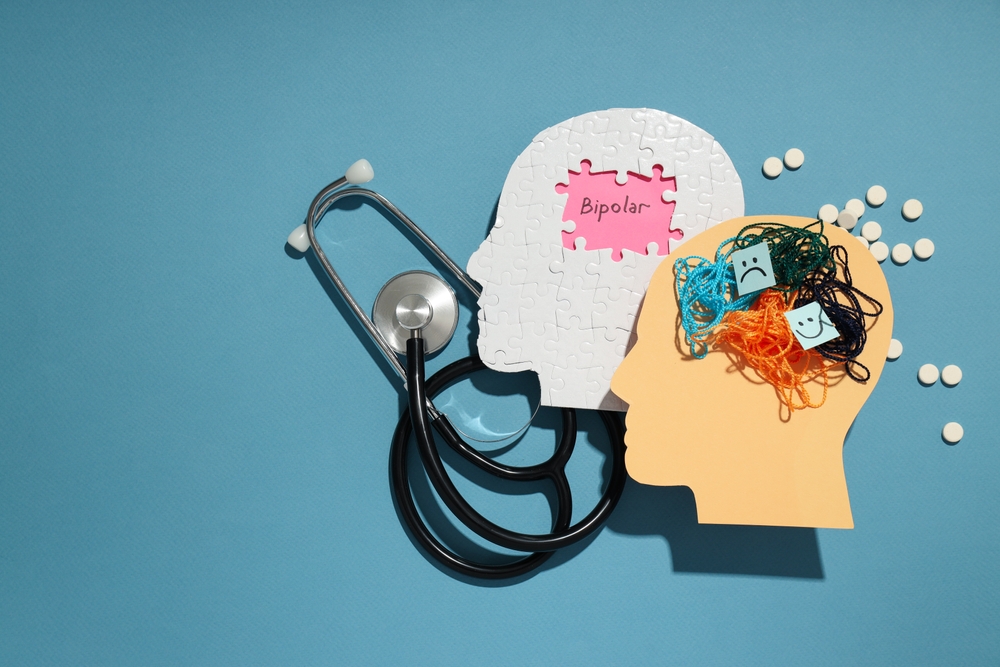Mental health is deeply personal, and understanding what leads to mental disorders can be both enlightening and healing. While every individual’s experience is unique, many factors—biological, psychological, and environmental—can contribute. In this blog, we explore these influences with compassion and care, helping to shed light on an often misunderstood subject.
What Is a Mental Disorder?
A mental disorder refers to a condition that affects a person’s thoughts, emotions, behavior, or mood in a way that disrupts their daily life. These conditions are not a reflection of personal weakness or character flaws. Just like physical illnesses, mental disorders can arise from a mix of complex causes—and they can be treated with the right support.
Biological Factors
Genetics and Family History
Mental health disorders often run in families, suggesting a genetic component. If a close family member lives with a condition like depression, bipolar disorder, or schizophrenia, there may be a greater chance of developing similar challenges. However, genetics only increase vulnerability—they do not determine your future.
Brain Chemistry and Neurobiology
Certain mental disorders are linked to imbalances in brain chemicals called neurotransmitters. These chemical messengers—like serotonin, dopamine, and norepinephrine—play a role in mood regulation and emotional balance. When disrupted, they can contribute to conditions such as anxiety, depression, and mood disorders.
Medical Conditions
Sometimes, underlying physical health issues can affect mental well-being. Chronic illnesses, neurological conditions, or hormonal imbalances (such as thyroid disorders) may contribute to mood or anxiety symptoms. Addressing physical health is an important step in treating the whole person.
Psychological and Emotional Factors
Trauma and Stress
Traumatic experiences—especially in childhood—can leave lasting emotional impacts. Abuse, neglect, violence, loss, or major life transitions may trigger emotional difficulties. These experiences may lead to conditions such as PTSD, anxiety disorders, or depression later in life.
Low Self-Esteem and Coping Skills
When individuals struggle with negative self-image or have difficulty managing emotions, they may be more vulnerable to mental health issues. Poor coping skills, unresolved emotional pain, or feeling overwhelmed can gradually develop into deeper mental health challenges.
Personality Traits
Certain personality traits—such as high sensitivity, perfectionism, or chronic worry—may increase susceptibility to mental distress. This does not mean these traits are bad; rather, they indicate the need for healthy emotional tools and support.
Environmental and Social Influences
Family and Upbringing
The environment in which a person grows up plays a significant role. A supportive, nurturing family can offer protection, while instability, neglect, or dysfunction can heighten the risk of emotional issues.
Social Isolation and Loneliness
Human connection is vital to mental health. Prolonged social isolation or a lack of meaningful relationships can lead to depression or anxiety. This is particularly important in today’s fast-paced, digital world, where face-to-face interaction is often reduced.

Economic and Educational Factors
Unemployment, financial hardship, or lack of access to education can cause chronic stress and feelings of hopelessness. Over time, this stress may contribute to emotional burnout, anxiety, and other conditions.
Substance Use and Mental Health
Drug or alcohol use can alter brain chemistry and increase the risk of mental illness. In some cases, people may turn to substances to cope with emotional pain, only to find it worsens their condition. Addressing substance use is a key part of supporting mental health recovery.
Support and Compassion Can Make a Difference
While the causes of mental disorders are many, so are the paths to healing. With the right blend of therapy, medication (if needed), community, and self-care, people can lead meaningful and fulfilling lives.
At Curotiva, we understand how personal this journey is. Whether you’re seeking support for yourself or someone you love, we’re here to walk with you—without judgment, always with compassion.
Trusted Indian Mental Health Resources
If you’re looking for professional support, consider these helpful Indian organizations:
- The Mind Clan: A curated platform of inclusive mental health professionals across India.
- Fortis Mental Health: Offers therapy, psychiatric care, and awareness initiatives through their mental health departments.
Moving Forward with Understanding
Understanding what causes mental disorders helps reduce stigma and encourages compassionate conversations. No one chooses to struggle with mental health issues—but with care, connection, and support, healing is always possible.
If you’re ready to talk or need someone to listen, we welcome you to connect with us at Curotiva. Together, we can take steps toward well-being with patience, understanding, and hope.
Learn more about mental health through our related content, designed to support your journey toward understanding and healing.
Understanding the Different Types of Mental Disorders
Recognizing the Symptoms of Mental Illness: A Guide to Early Awareness

